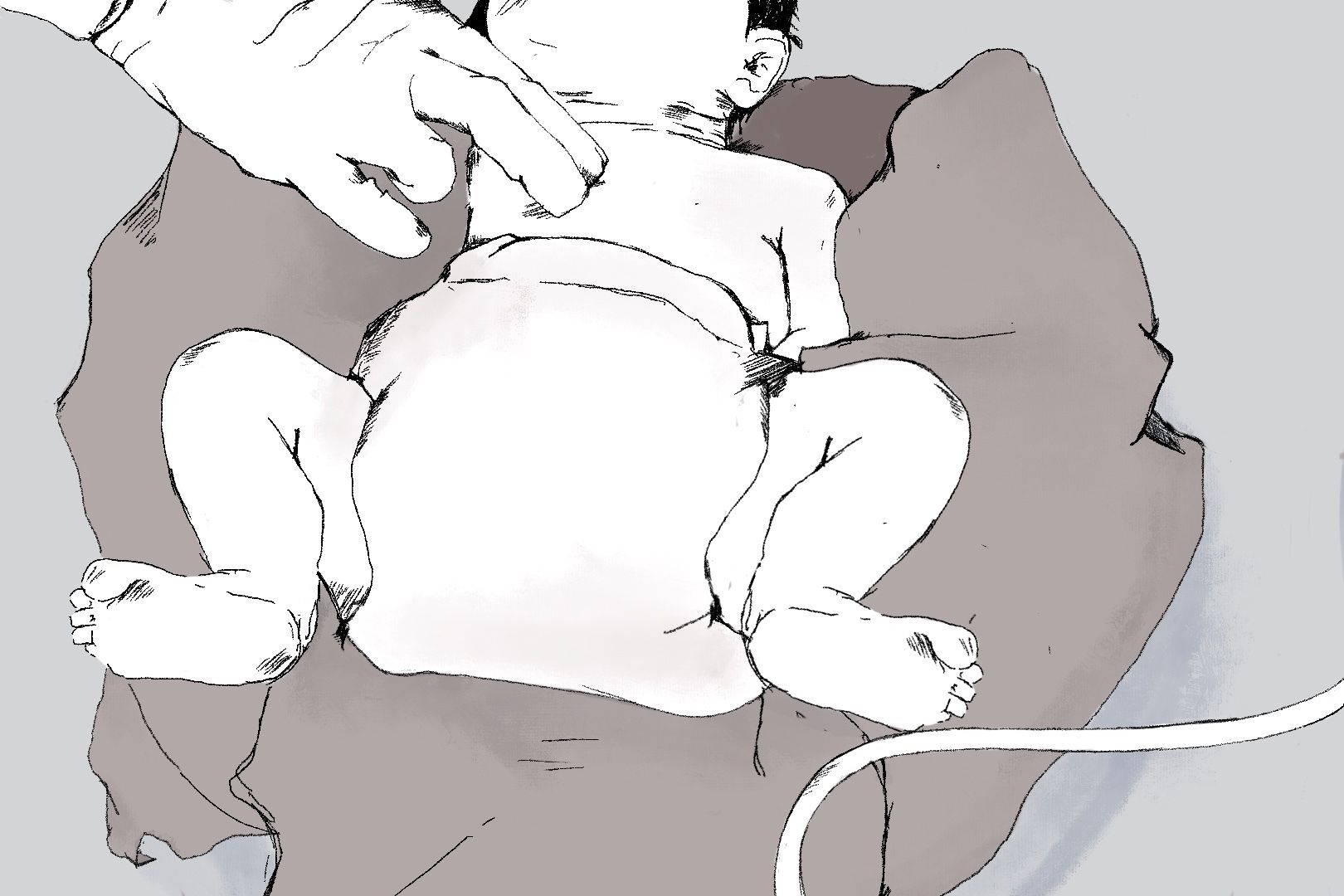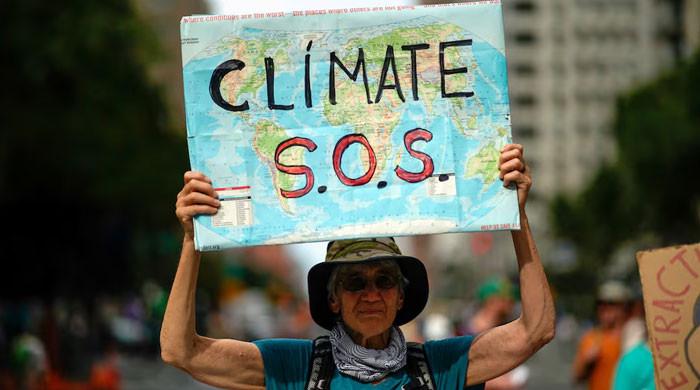'Not seen as fully human'
But not only the delivery of aid can be deadly. Many civilians have died while collecting it. In February, more than 100 Palestinians searching for food in aid trucks in northern Gaza were killed and hundreds more wounded after Israeli forces opened fire on them. It became known as the “flour massacre.” And Fault Lines found many more similar incidents.
Fault Lines partnered with open source researchers from Forensic Architecture, a research group based at Goldsmiths, University of London, to examine the data behind attacks on people seeking help. Using social media videos, news reports, Ministry of Health data and satellite images, researchers were able to document more than 40 attacks on civilians seeking help.
“That's why when we hear about the flour massacre, it's not an isolated incident that was an accident,” explains Peter Polack, a researcher at Forensic Architecture. “As we analyzed more of these attacks, we began to see that they were systematic in nature and not arbitrary.”
The investigation also revealed that the Israeli strikes not only killed civilians seeking help. They also destroyed key infrastructure that received humanitarian assistance. Forensic Architecture documented 16 attacks on bakeries between October and November 2023, sometimes while people were queuing to buy bread. And as of January, 107 shelters that received aid had been destroyed.
“When aid is initially distributed, flour is distributed to bakeries. Bakeries are the target. When it starts to be distributed in schools, schools become the target,” says Julia Ngo of Forensic Architecture.
Then, at the beginning of the new year, there were attacks on police and civilians escorting humanitarian convoys. The police suspended their operations. Local networks of influential families took care of the bodyguards, but were then attacked.
“They are essentially creating a chilling effect that sends a clear message: If you are receiving help, if you are planning for help, if you are working with it in any capacity, you are at risk,” Polack said. says.
We asked the Israeli authorities about the results of this investigation. They didn't respond.
But we know that the decision to withhold humanitarian aid to Gaza is popular in Israeli politics. Our team analyzed hundreds of Hebrew posts on X from members of the Israeli government. We found that the majority of members of the Israeli Knesset oppose humanitarian aid to Gaza.
There were 40 messages supporting the use of hunger as a weapon of war and 12 advocating a complete siege of Gaza. Another 234 publications expressed their complete opposition to humanitarian aid and another 65 publications advocated that aid be conditional on the return of captives.
South African prosecutors have presented comments like these to the International Court of Justice in The Hague as evidence of Israel's intention to starve the people of Gaza.
“The distinguishing feature of this case has not been the silence as such, but the reiteration and repetition of the genocidal discourse in all spheres of the State of Israel,” South African prosecutor Tembeka Ngcukaitobi told the court in January.
“It's like a killer took a knife and said, 'I'm going to kill these people,' and did it… and we're still wondering if there's intent in this particular crime,” said Alex Smith, a children's specialist. and maternal health and former USAID contractor, he says. USAID is the agency responsible for the deployment of American humanitarian aid.
Smith was scheduled to give a presentation at a USAID conference in March on maternal health in Gaza, but was told the day before that her conference had been cancelled. After that, he resigned.
“Decisions are made based on politics and who people are, and certain people, depending on their race, ethnicity and geography, where they live, are not seen as fully human,” he says.
The United States “deliberately denies the facts”
The United States provides Israel with around $4 billion in security funding each year, but the Biden administration has rejected calls to condition US security assistance to Israel on improving the humanitarian situation in Gaza. Instead, the United States has resorted to ineffective measures, such as airdrops and a now-defunct dock.
Humanitarian groups have long insisted that the most effective way to get aid to Gaza is through established land routes.
The administration even faced unprecedented levels of internal dissent over its unwavering support for Israel despite mounting evidence that it committed war crimes in Gaza. At least a dozen officials resigned in protest and several dissenting memos rejecting Biden's policies circulated in the State Department from USAID.
In April, Gilbert, a former State Department official, was asked for her opinion on a Biden administration report to the US Congress on whether Israel was committing war crimes in Gaza. Based on reports from his partners on the ground, he warned that Israel was blocking aid. But when the report was released the following month, it determined that Israel was not obstructing the flow of humanitarian assistance. Gilbert resigned as a result of that report.
“The administration deliberately denies the facts on the ground because cutting security funding would have consequences,” Gilbert says. “Weapons are the engine that fuels this war and we do not take responsibility for our role.”
There is a US law called 620I that prohibits arms transfers to countries that block humanitarian assistance. If the Biden administration acknowledged that Israel was denying aid to Palestinians in Gaza, the law would be applied and weapons would have to be cut off immediately.
When asked by Fault Lines at a news conference about how the United States continues to support Israel with weapons despite evidence that it is violating its own laws, State Department spokesman Matthew Miller said the United States had pressured his ally to open border crossings to allow more aid. “So I encourage you to read the report that we published on this very issue a few months ago, which looked at Israel's compliance with international humanitarian law and their work, and whether they had done a good enough job to allow the entry of humanitarian assistance. where we said there were some obstacles that needed to be overcome,” Miller said. “And we had worked to overcome them. And we had seen Israel take steps to allow humanitarian assistance in.”












